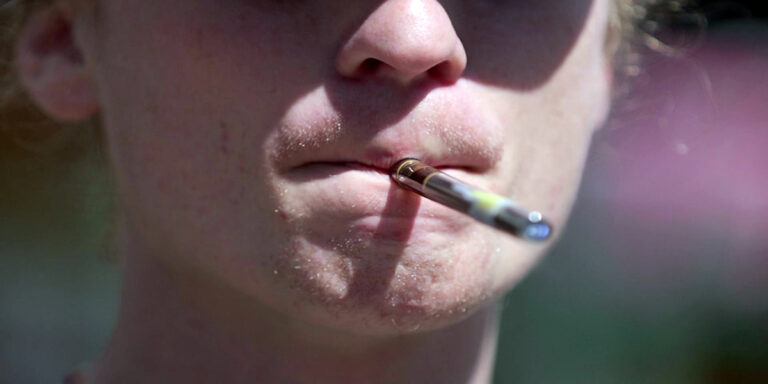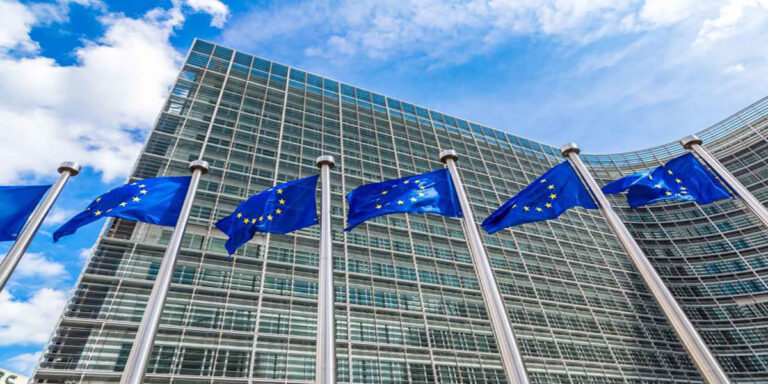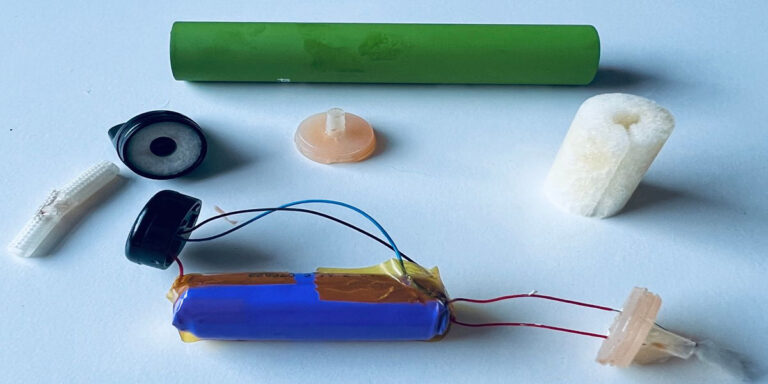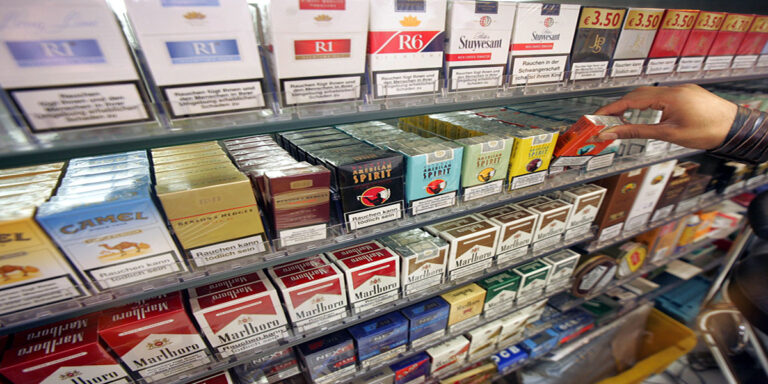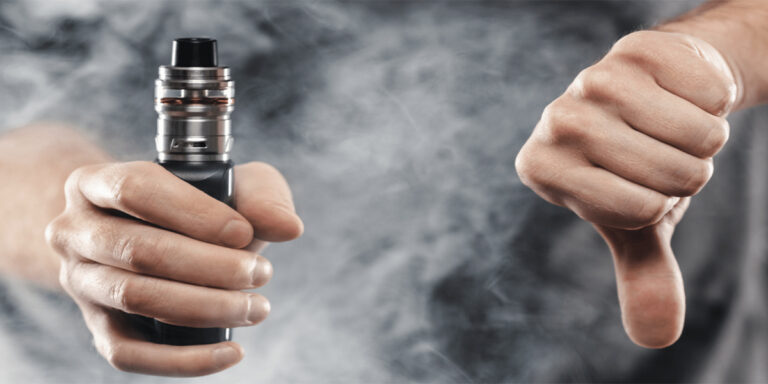The Philippines’ Department of Trade and Industry (DTI) has reported a significant increase in the seizure of illegal e-cigarettes in the first half of 2024, surpassing the total seizures of the previous year.
Record-Breaking Seizures
According to the Manila Bulletin, the DTI confiscated illegal e-cigarette products valued at over PHP 25.87 million (approximately USD 440,000) within the first five months of 2024. This figure is substantially higher than the PHP 5.45 million (approximately USD 93,000) worth of products seized throughout 2023.
E-Cigarette Law and Violations
The confiscated items mostly violated Section 6, paragraph (j) of Republic Act No. 11900, the Vaporized Nicotine and Non-Nicotine Products Regulation Act. This section prohibits the sale of e-cigarette products with packaging or marketing that appeals to minors, such as using cartoon characters or other youth-oriented themes. The law is designed to prevent e-cigarette use among minors and ensure that products comply with health and safety standards.
Collaborative Efforts and Future Plans
Secretary Pascual stated that the DTI will continue its efforts in collaboration with other agencies and stakeholders to eradicate the illegal e-cigarette trade. The goal is to foster a healthier business environment and protect consumers from potentially harmful products. The DTI’s strategy includes ongoing enforcement actions and public awareness campaigns to educate the public about the dangers of illegal e-cigarettes.
Specific Brands and Operations
Among the brands seized, RELX and its sub-brand Waka were notable, with 2,428 products confiscated, valued at PHP 569,630 (approximately USD 9,737). Additionally, the DTI suspended the sale and distribution of the Flava e-cigarette brand in March. In a notable operation in April, the DTI and the Philippine National Police seized illegal Flava e-cigarettes worth PHP 24.8 million (approximately USD 423,000) from a store located near an elementary school in Parañaque City, which is a clear violation of the law prohibiting the sale of e-cigarettes within 100 meters of areas frequented by minors.
Health and Safety Concerns
The enforcement of the E-Cigarette Law is part of a broader effort to address health concerns associated with e-cigarette use, particularly among young people. By targeting products that violate packaging and marketing regulations, the DTI aims to reduce the appeal of e-cigarettes to minors and ensure that only compliant products are available in the market.
Ongoing Commitment
The DTI’s actions reflect a strong commitment to public health and consumer safety. By seizing illegal e-cigarettes and enforcing strict regulations, the DTI hopes to set a precedent and deter future violations. Secretary Pascual affirmed that the agency will not relent in its efforts, indicating that more operations and stricter enforcement measures can be expected throughout the remainder of the year.
FAQ
What is the E-Cigarette Law in the Philippines?
The E-Cigarette Law, officially known as Republic Act No. 11900 or the Vaporized Nicotine and Non-Nicotine Products Regulation Act, regulates the sale, packaging, marketing, and distribution of e-cigarette products in the Philippines. It aims to protect public health, particularly focusing on preventing youth access to these products.
Why has the DTI intensified its enforcement efforts in 2024?
The DTI has intensified its enforcement efforts to curb the illegal trade of e-cigarettes, which poses health risks, especially to minors.
What types of violations are being targeted by the DTI?
The DTI targets violations of Section 6, paragraph (j) of the E-Cigarette Law, which prohibits e-cigarette products with packaging or marketing appealing to minors, such as using cartoon characters. The agency also focuses on preventing the sale of e-cigarettes within 100 meters of areas frequented by minors, like schools.
Which e-cigarette brands have been seized the most in 2024?
Among the seized brands, RELX and its sub-brand Waka were notable, with a combined total of 2,428 products confiscated. The Flava e-cigarette brand also faced significant enforcement actions, including the suspension of its sale and distribution.
How does the DTI collaborate with other agencies in its enforcement efforts?
The DTI collaborates with agencies like the Philippine National Police to conduct joint operations, ensuring comprehensive enforcement of the E-Cigarette Law. These collaborations help in identifying and seizing illegal products and in educating the public about the risks associated with non-compliant e-cigarettes.
What impact does the DTI hope to achieve with these seizures?
The DTI aims to create a healthier environment for businesses and consumers by eliminating illegal e-cigarette products from the market. The agency hopes that strict enforcement will deter future violations, promote compliance with health and safety standards, and reduce the appeal of e-cigarettes to minors.











